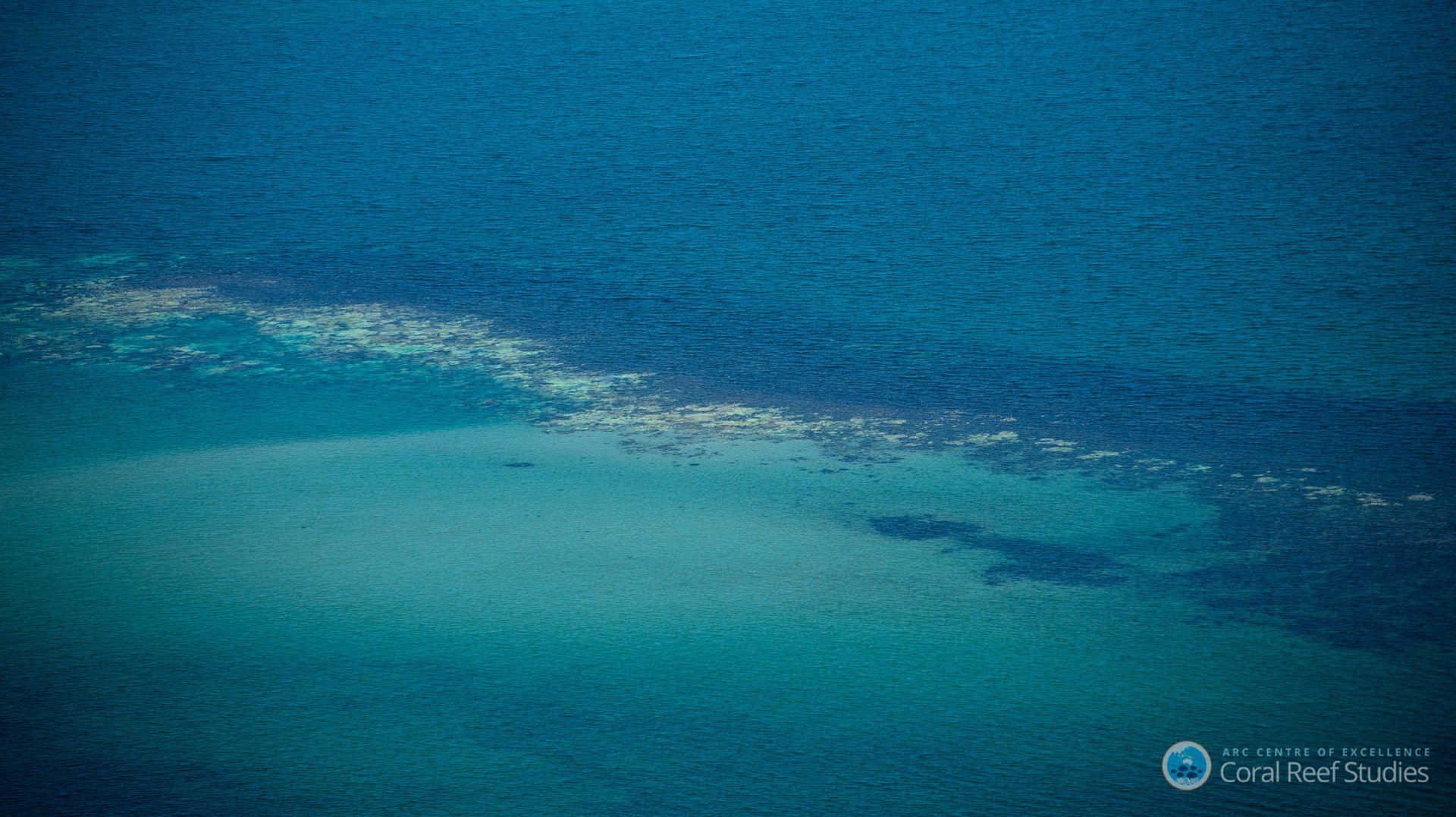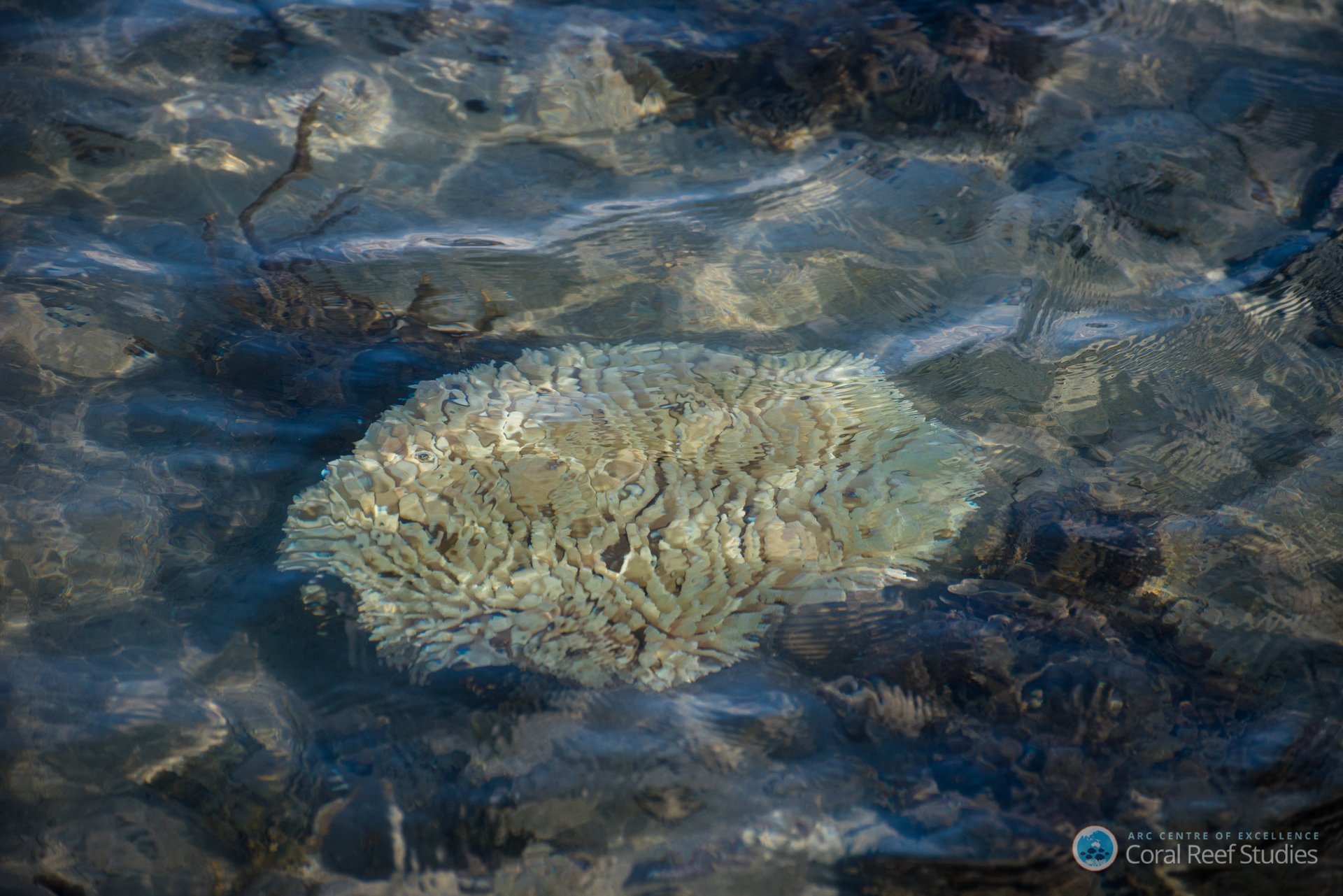The Great Barrier Reef is suffering from horrific coral bleaching
The health of the world’s largest coral reef is worse than ever, and you can tell just by looking at it from far away.


The health of the world’s largest coral reef is worse than ever, and you can tell just by looking at it from far away.
Recent aerial surveys show that approximately 95% of the once-pristine northern section of the Great Barrier Reef suffers from coral bleaching, a condition caused by too-warm water and other environmental stressors. Coral that should otherwise be covered in colorful algae is bare and white.
Coral can recover from bleaching, but if the ghostly condition lasts too long the coral will die.

“This has been the saddest research trip of my life,” said Terry Hughes, one of the Australian scientists who conducted the surveys, in a press release yesterday, Mar. 29. “Almost without exception, every reef we flew across showed consistently high levels of bleaching, from the reef slope right up onto the top of the reef. We flew for 4000km in the most pristine parts of the Great Barrier Reef and saw only four reefs that had no bleaching.”
In an interview with the Australian Broadcasting Corporation (ABC), Hughes said, “It was devastating to look at out of the chopper window and see reef after reef destroyed by bleaching. But really my emotion is not so much sadness as anger.”
Anger at the Australian government, he clarified:
It’s quite frustrating to me and to the science community that the government has not listened to us for the past 20 years. It has been inevitable that this bleaching event would happen eventually and now it has. We’ve been saying to the government that for the sake of the Great Barrier Reef, Australia needs to join the global community in reducing greenhouse gas emissions.
According to Hughes, the coral in the northern section of the Great Barrier Reef, which has been cited among the “healthiest” coral in the world, will likely bounce back. “Nonetheless, we’re looking at a 10-year recovery period. So this is a very severe blow to the most pristine part of the Great Barrier Reef,” he told ABC.
The Great Barrier Reef experienced similar, but less severe, coral bleaching events in 1998 and 2002.
“We have coral cores that provide 400 years worth of annual growth and we don’t see the signatures of bleaching and reduced growth following a bleaching event until the recent 1998, 2002 events,” said Neal Cantin, of the Australian Institute for Marine Science, who was also interviewed by ABC.